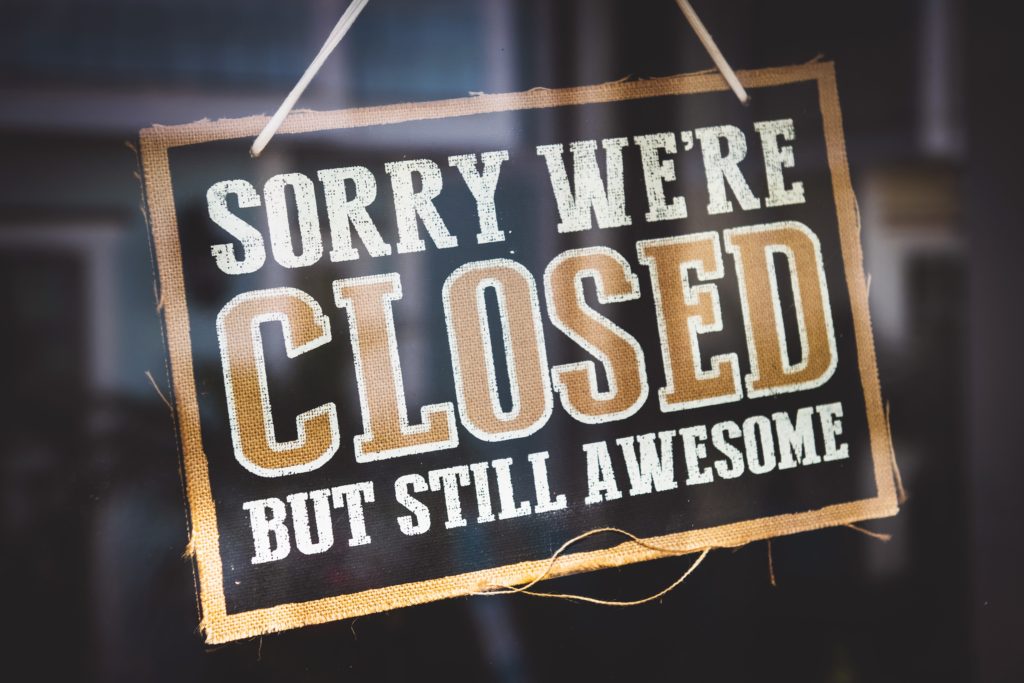No one ever wants to consider the thought that their business will face a crisis. Communicating about a crisis can seem even more unsettling. But as the COVID-19 pandemic showed, crisis can come at any time, so it is best to think now how you would respond to bad news.
It’s important to understand that “crisis” can take many forms. It could be a legal action involving your company, a property dispute with a neighbor or landlord, or even a disgruntled employee or customer. Big or small, you need to consider how to react in these times.
Important Tips For Your Business To Follow
Plan for your crisis.
I know, how can you do that? Most crises cannot be anticipated, so it is unfair for you to have a custom communications plan ready, right? True, there are unique aspects of each crisis that can only be confronted when they happen, but the framework of a crisis communications plan can be assembled at any time. I’m talking about things like assigning a company spokesperson (you?), determining your relevant audiences (employees, media, government officials, etc.), and your means of reaching out to your audiences (personal contacts, internet/social media, media contacts, advertising, etc.) These are all things you can think about now and put on file.

When crisis happens, move quickly to activate your plan, but don’t panic.
An understandable reaction at a time of crisis is to “get in front of the story” and put out a fast response. That’s a good idea, but only if you have the right message put together. A hastily assembled message that only leads to more questions can make you look poorly prepared and disorganized—the very images you don’t want to at a time when you are trying to convey confidence and leadership.
Remember your audiences.
You might think of “crisis communications” as merely posting an official company response on social media or agreeing to an interview with a newspaper reporter, but there are many other audiences you need to consider. Your employees, for example, are likely your most important audience—not only as stakeholders in your company, but also as unofficial spokespeople in their communities. It’s very important that they have clear, relevant information. Also, your customers, B2B partners and government officials might also have questions. Be ready for them. Better yet, reach out to them before they have a chance to ask.

Customize your message for each audience, but keep it consistent.
Sound contradictory? Well, think of it as telling the same story in different ways. Your employees and other audiences close to your business are probably accustomed to your company jargon, so use that language, when appropriate. But the general public doesn’t want to hear about TPS reports or other inside-baseball language. In fact, too much jargon could make you look aloof. That’s not the image you want. Imagine you are telling your story to a friend or relative.
Bad news to tell? Get it over with.
One of the biggest mistakes organizations make at time of crisis is slowly getting out their bad news, or getting out incomplete bad news and then having to follow with more bad news. That’s how a one-day story turns into a one-week story. The sooner you get through the bad news, the sooner you can talk about your recovery and the positive things your business is doing.

Good news to tell? Tell it!
No one wants to look like they are taking advantage of a crisis, but there is nothing wrong about letting the public know you are doing good things during bad times. The COVID-19 outbreak was a time when many local businesses did creative, positive things for the community. That’s a story people want to hear and you should want to tell.
Finally, this is not to meant to be an all-inclusive tutorial on crisis communications. There are entire books, classes, websites and YouTube videos dedicated to this important subject. Check them out and start putting together your crisis communications plan now.
 Guy Fletcher is Editor-in-Chief of Frederick Magazine and previously worked in corporate communications, specializing in external communications, for Allegheny Energy. He also worked as a newspaper reporter for The Herald-Mail in Hagerstown.
Guy Fletcher is Editor-in-Chief of Frederick Magazine and previously worked in corporate communications, specializing in external communications, for Allegheny Energy. He also worked as a newspaper reporter for The Herald-Mail in Hagerstown.
Frederick Chamber Insights is a news outlet of the Frederick County Chamber of Commerce. For more information about membership, programs and initiatives, please visit our website.

